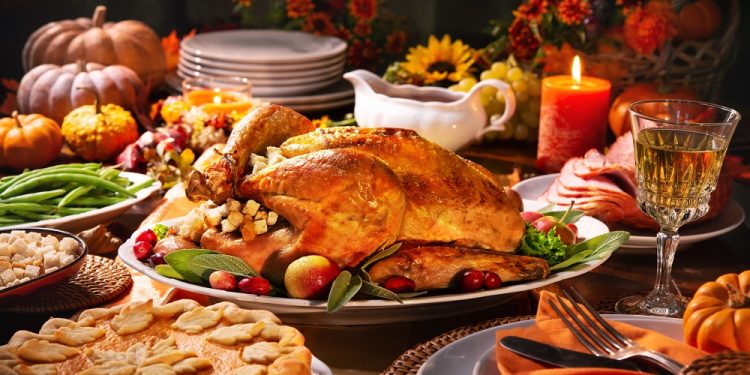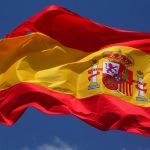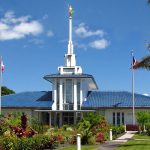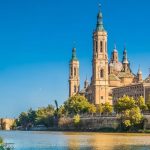
Canadian Thanksgiving
Canadian Thanksgiving, also known as simply Thanksgiving Day in English or Jour de l’action de grâce in French Canadian, is a public holiday in Canada that is celebrated on the second Monday in the month of October. On this day, millions of Canadians celebrate the bountiful harvest and good fortune that has blessed the country and its citizens.
History
Canadian Thanksgiving can be traced back to 1578. This is when voyager Martin Frobisher set out from England in search of the Northwest Passage. However, his trip was perilous.
Not only did he lose one of his ships—he took three on the journey to establish a settlement at Frobisher Bay—but he also lost much of the building material he had brought with him. Robert Wolfall, an Anglican priest who was appointed to be chaplain to the expedition by Their Majesties’ Council, gave a sermon encouraging everyone associated with the expedition to be thankful to God.
Later, during the early seventeenth century, explorer Samuel de Champlain and some French settlers arrived in Canada and began to host feasts of thanks that included local indigenous plants and animals.
This holiday was celebrated in one form or another all over Canada. However, during the eighteenth century, some of the traditional holiday foods and celebrations began to change.
This is because, after the American Revolution, Loyalists to the British Crown began to migrate to Canada, and when they did, they brought many American Thanksgiving dishes that were centered around turkey and pumpkin.
In 1879, Canadian Thanksgiving became an official holiday that was celebrated on November 6th. However, this was changed in 1957 by the Canadian Parliament to be the second Monday in October to prevent it from coinciding with Remembrance Day.
Customs, Traditions, and Celebrations
Although Canadian Thanksgiving is a public holiday in most parts of Canada, it is still an optional holiday in some areas. This means that some people get the day off, but those who do have to work usually receive overtime pay.
Areas in which this is the case include Newfoundland, Nova Scotia, New Brunswick, Labrador, and parts of Prince Edward Island. And while the holiday falls on a Monday, that doesn’t necessarily mean that is when everyone celebrates the holiday.
Since it is part of a long weekend, many people choose to celebrate it either the Saturday or Sunday before the actual holiday. Many of the foods that are eaten on Canadian Thanksgiving are either the same as the American version or are different but analogous to them in some way.
For example, roasted turkey with stuffing, mashed potatoes, and cranberry sauce is often served, along with sweet potatoes and corn, but some people also add traditional Canadian elements to the meal.
Some people make poutine (fries or potatoes topped with gravy and cheese curd), and pumpkin pie in Canada is generally spicier, while American pumpkin pie is generally sweeter. Also, Canadian sweet potatoes are baked, while American sweet potatoes are usually made into a casserole topped with marshmallows.
Another difference between the American and Canadian versions of this holiday is that the American version usually focuses on heavy shopping on the day of the holiday and the day after, while the Canadian version usually does not. However, the two holidays do share a love of parades and football.
In effect, Canadian Thanksgiving isn’t too different from its American counterpart. While there are some differences between the two, they aren’t too significant and only serve the purpose of adding a little cultural flair for those who decide to visit this country on this holiday.








